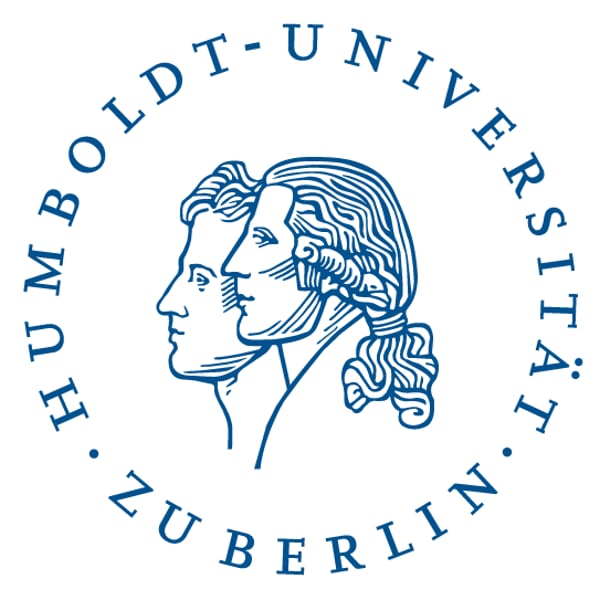
“Supplied Knowledge: Resource Regimes, Materials, and Epistemic Tools”, Focus Section, Isis: A Journal of the History of Science Society, 114/2, 2023
Focus Section edited by Viktoria Tkaczyk and Christine von Oertzen
Link to Journal: https://www.journals.uchicago.edu/toc/isis/2023/114/2
Find below the abstracts to the introduction and two selected essays from the focus section.
Introduction: Reconsidering the Resources of Epistemic Tools
by Viktoria Tkaczyk and Chritine von Oertzen
This introduction to the Focus section “Supplied Knowledge: Resource Regimes, Materials, and Epistemic Tools” provides a framework to analyze critically the ways in which knowledge depends on material supplies. It claims that most scientific technologies of the early modern and modern periods were made possible only by the steady supply of a large variety of so-called natural resources and that the practices necessary to exploit, process, and provide these resources in the quality and quantity required were closely linked with the scientific and humanistic agendas of their time. The essays assembled here examine select epistemic tools and key materials from which these were made. This introduction shows how the essays apply different scales to reveal the local and global values, epistemic concepts, aesthetic ideals, social systems, (geo)political constellations, and economic frameworks that have co-constituted the making of scientific instruments, artifacts, and knowledge in and beyond the Global North.
Link: https://www.journals.uchicago.edu/doi/10.1086/724796#
Early Sound Archiving and the Making of Scientific Resources
by Viktoria Tkaczyk
This essay focuses on the Berliner Phonogramm-Archiv, established in 1900, and its subsequent commitment to collecting music, voices, and sonic evidence from all over the world. But members of the archive managed to embrace the world as a resource in another respect as well: the daily production of cylinder records required large quantities of wax and various other materials that depended on a global system of supply and considerable exploitation of nature. The essay shows that the manufacture of the cylinders resonated with the research agendas developed at the Phonogramm-Archiv during the eras of the German Empire, World War I, German colonialism, and the Weimar Republic.
Link: https://www.journals.uchicago.edu/doi/10.1086/724797
Paper Knowledge and Statistical Precision
by Christine von Oertzen
This essay explores the material imperatives of nineteenth-century statistical ambition, at a time when the nature of paper itself underwent rapid change. It expands the concept of paper technologies to include knowledge about the materials themselves, as well as the infrastructures, techniques, and agreements that made it possible for the right kind of paper to be made available for particular purposes. Taking the production of the forms for the Prussian census as a case in point, it argues that the enumeration effort of Prussian census statisticians went far beyond designing a form, collecting information, noting and compiling figures, or creating tables. Paper knowledge to define and control the material substance of the forms mattered as much as political impetus and statistical methods in getting the census right.
Link: https://www.journals.uchicago.edu/doi/10.1086/724775
